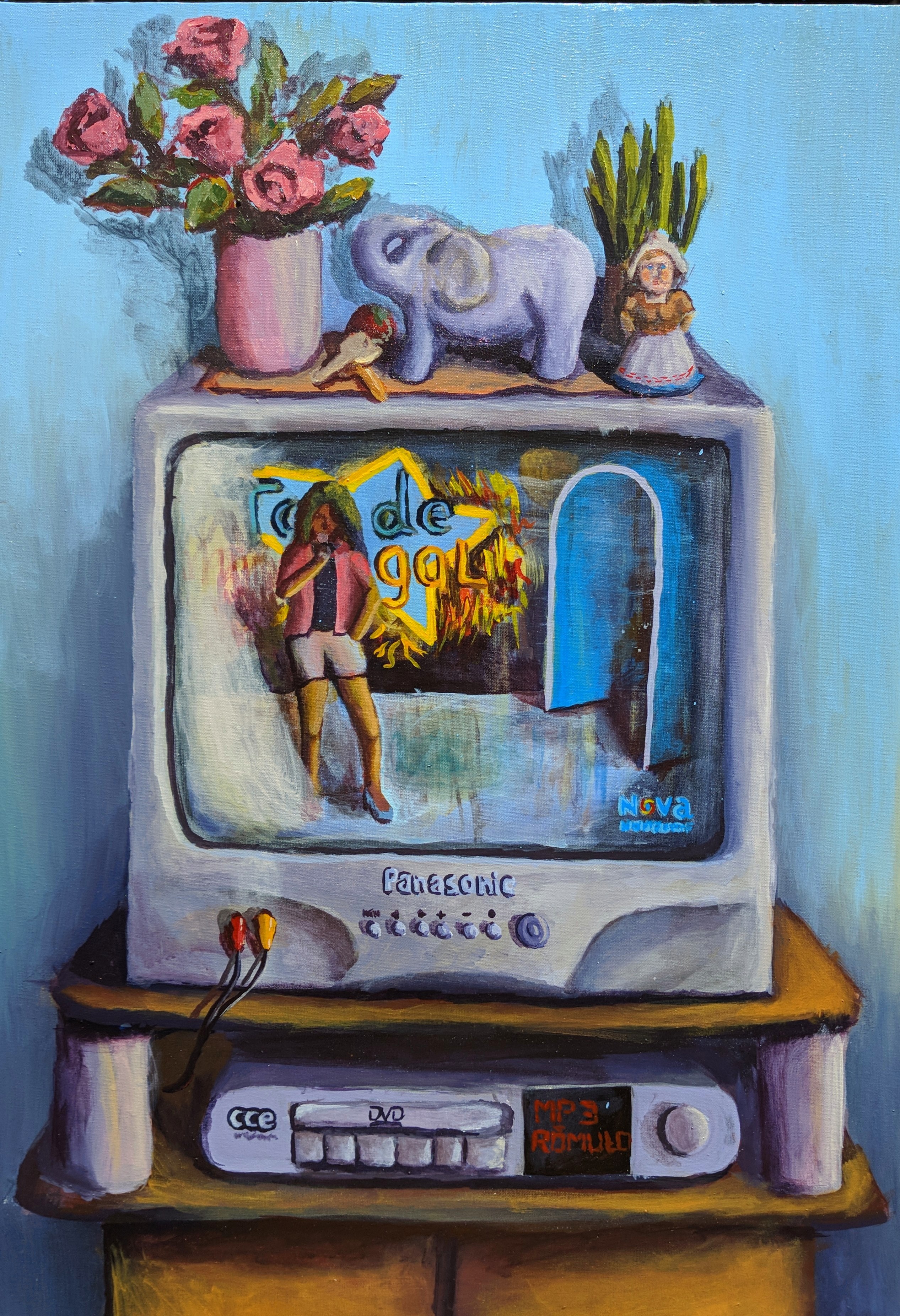A condição de simulacro da ficção moderna no conto As Ruínas Circulares de Jorge Luis Borges
Abstract
Fiction assumes a very singular position in the field of literary studies. It is, simultaneously, one of the main pillars of any literary analysis and an aspect frequently forgotten. Even in contemporaneity, in which the fictional pact is generally accepted without great problems, including the cases where fiction has a very fragmented perspective of reality, touching the subject of the nature of fiction through literature can cause contention. Having this in mind, this article’s objective is to analyze the short story “The Circular Ruins” by argentine author Jorge Luis Borges, with emphasis in the way the narrative develops new points of view about fiction and how the short story deals with the aesthetic and metaphysical details of the act of creating a fictional work. To create this argumentation, we will use, mainly, the fundamental discussion about fiction that comes from the texts and correspondence between the authors Henry James and Robert Louis Stevenson, as well as previous studies about Borges’ works.







